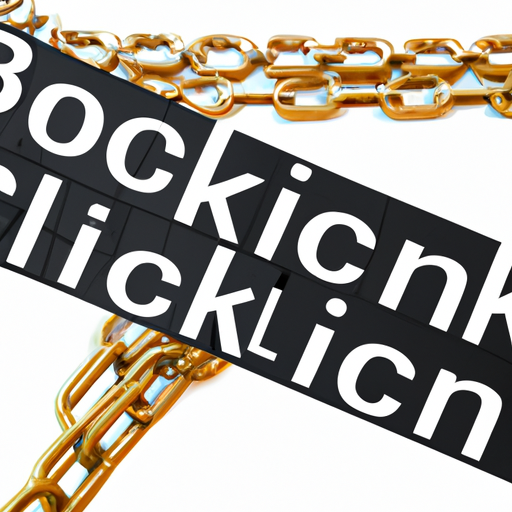The potential for blockchain technology to transform various industries is substantial, and supply chain management (SCM) is no exception. With increasing global trade and a demand for transparency and efficiency, blockchain emerges as a critical solution. This article delves into how blockchain enhances supply chain processes, offering benefits such as transparency, traceability, and improved efficiency.
Understanding Blockchain in Supply Chain Management
Blockchain is a decentralized digital ledger that records transactions across multiple computers in a way that ensures the registered information cannot be altered retroactively. In supply chain applications, this means every stakeholder can access a single, unchangeable ledger of transactions, which greatly enhances transparency.
Key Benefits of Using Blockchain in Supply Chain
- Enhanced Transparency: Every transaction can be tracked and verified by all parties involved. This visibility allows for better accountability and trust among stakeholders.
- Improved Traceability: Products can be traced back through the supply chain, making it easier to identify points of failure or sources of contamination, which is particularly vital in industries like food and pharmaceuticals.
- Increased Efficiency: Blockchain can streamline processes by eliminating the need for intermediaries and reducing paperwork, all while ensuring the integrity of data.
- Cost Savings: By minimizing errors and redundancies, companies can save significant amounts on operational costs.
Real-World Applications
Several companies have already begun to leverage blockchain in their supply chain operations:
- Walmart: The retail giant has implemented blockchain for tracking food products. This initiative allows them to trace produce from farm to shelf in under seconds, ensuring safety and reducing waste.
- IBM Food Trust: A consortium of retailers and suppliers using IBM’s blockchain to track food from farm to table, enhancing transparency and trust.
- De Beers: The diamond company utilizes blockchain to guarantee the provenance of its diamonds, ensuring they are conflict-free and ethically sourced.
The Future of Blockchain in Supply Chain
As blockchain technology continues to evolve, its application in supply chain management is expected to grow. Industries will increasingly adopt this technology to ensure compliance with regulations, adhere to sustainability practices, and meet consumer demand for transparency. Furthermore, as awareness of blockchain benefits increases, more businesses are likely to invest in these solutions, leading to innovation and improved practices across the supply chain.
Conclusion
The integration of blockchain technology in supply chain management is poised to revolutionize the way businesses operate. By enhancing transparency, traceability, and overall efficiency, blockchain provides a robust solution that addresses some of the most pressing challenges in the supply chain landscape. Companies looking to stay competitive in the evolving market should consider the adoption of blockchain solutions sooner rather than later.
For more insights into blockchain technology and its impact on supply chain management, stay tuned to our blog!




